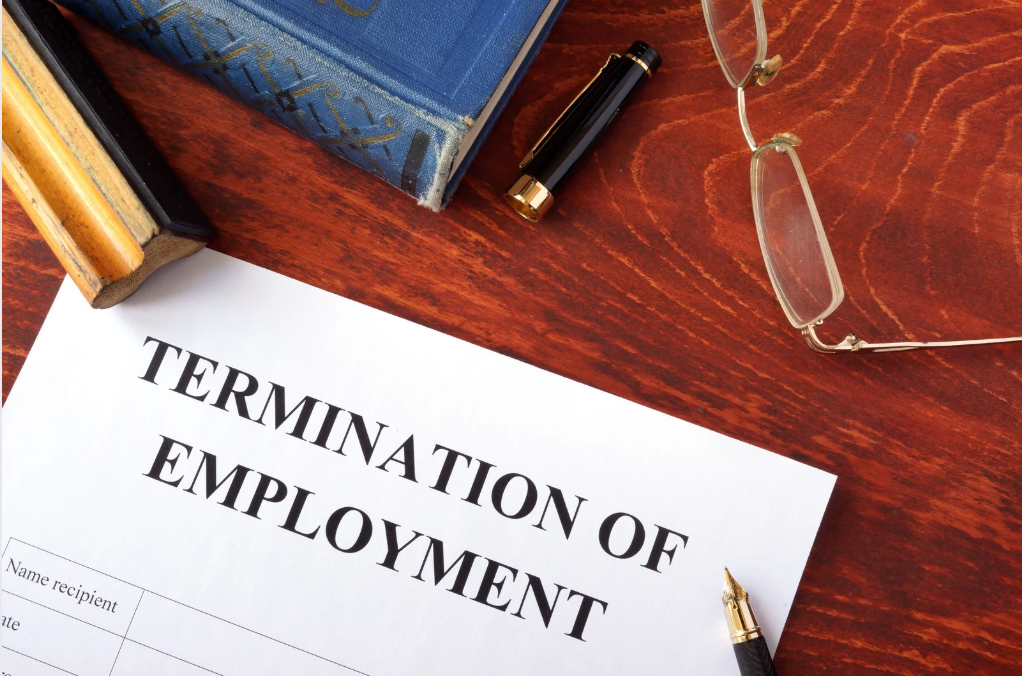How Assembly Bill 9 Changes California Sexual Harassment Laws
Our Sexual Harassment Attorney Discusses the Changes
In 2019, California Governor Gavin Newsom signed a sexual harassment bill into law (Assembly Bill 9). Lawmakers designed this bill to strengthen California’s sexual harassment laws. The law was inspired by the #MeToo movement in 2018. Assembly Bill 9 gives victims of sexual harassment more time to file complaints. It also bans forced arbitration as a condition of employment.
According to the Los Angeles Times, Governor Newsom stated that “Everyone should have the ability to feel that pride in what they do, but for too many workers, they aren’t provided the dignity, respect, or safety they deserve.” He hoped that this law would change that for sexual harassment victims. Below, our San Diego sexual harassment attorney explains what sexual harassment is and what your legal rights are in the workplace.
What Is Sexual Harassment in California?
Sexual harassment in the workplace is a form of sex discrimination. It refers to a variety of unwanted behaviors. It is important to know that sexual harassment knows no gender. Both men and women are victims of sexual harassment, as well as perpetrators. Same-sex harassment is also illegal and more common than many people realize.
Sexual harassment behaviors can create a hostile working environment and can include:
- Unwelcome sexual advances
- Unwelcome touching or fondling
- Asking for sexual favors
- Repeated compliments of an employee’s appearance
- Making crude or obscene remarks or gestures
- Making sexual jokes
- Sending sexually suggestive texts or emails
- Spreading sexual rumors
- Unwanted hugs or kissing
Sexual harassment violates both federal and state laws. At the federal level, Title VII of the Civil Rights Act of 1964 protects employees from sexual harassment. In the state of California, California’s Fair Employment and Housing Act protect workers. Assembly Bill 9, under existing state laws, will provide victims of sexual harassment more time to file complaints and ban forced arbitration as a condition of employment.
Assembly Bill 9 Extends Deadlines
Sexual harassment victims must file their complaints with the Department of Fair Employment and Housing (DFEH). Assembly Bill 9 then extends the window to file sexual harassment complaints from one year to three years. This extension applies to victims of workplace harassment and discrimination as well as civil-rights related retaliation.
California law is clear. Sexual harassment victims must first file their complaint with the DFEH before they can file a civil lawsuit. Under the old laws, victims only had one year from the date the sexual harassment occurred to file a lawsuit. However, Assembly Bill 9 extends that window to allow them time to weigh their legal options.
Assembly Bill 9 Bans Arbitration for Sexual Harassment in California
Furthermore, Assembly Bill 9 does not just extend the deadline for filing claims. Assembly Bill 9 also bans forced arbitration as a condition of employment. The law protects employees whose employers turn a blind eye to sexual harassment and discrimination in the workplace.
Before this law, employees needed to sign an arbitration agreement before their employment started. They signed this agreement before they endured any harassment or discrimination. So, unsurprisingly, when sexual harassment did occur, they had fewer legal options.
Why the Arbitration Ban Matters in Workplace Harassment
One problem with arbitration is that it limits the ability of an employee to file a lawsuit against their employer. Workers limited by arbitration agreements often face an uphill battle. As victims, they deserve justice. Yet, arbitration limited their legal options and made getting justice difficult.
Another problem with arbitration is that the results are always confidential. This then allows the perpetrator to continue to harass others in the workplace. It also reduces the transparency that is necessary to maintain a safe working environment.
Contact Our San Diego Sexual Harassment Attorney
If you believe that you have been harassed at work, then it is important to retain the services of an experienced law firm. The San Diego sexual harassment attorneys at the Gould Firm are here to help employees who have been sexually harassed. With an office located in San Diego, we are here to help you at a moment’s notice. We offer free initial consultations so we can meet with you and help you learn about your legal options under California sexual harassment laws. Call us today at (619) 941-0667 or fill out our confidential contact form for more information.










